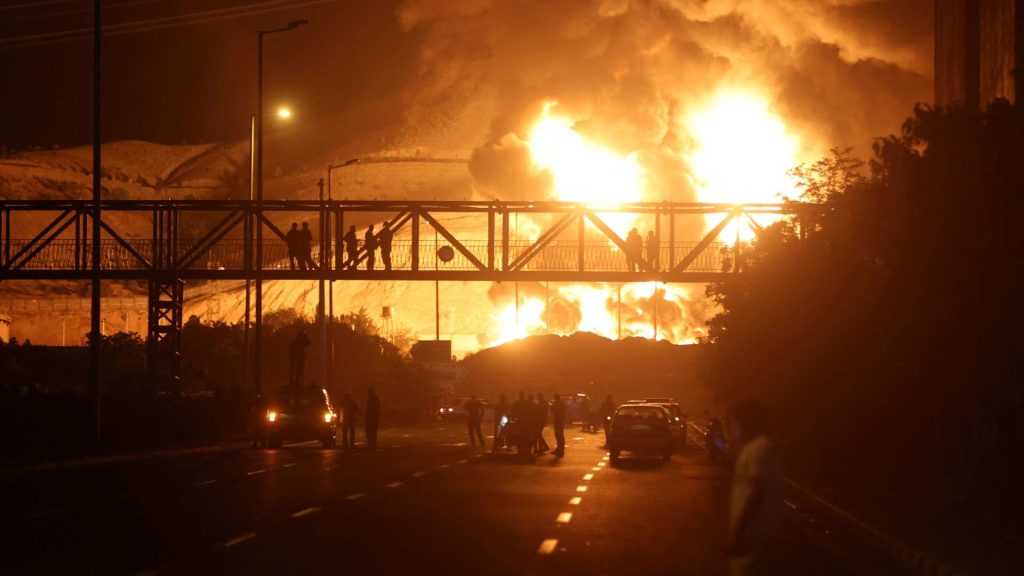U.S. or Israeli military action that leads to regime change in OPEC member Iran would have a profound impact on the global oil market, according to JPMorgan. “If history serves as a guide, further destabilization of Iran could lead to significantly higher oil prices sustained over extended periods,” Natasha Kaneva, head of global commodities research at JPMorgan, told clients in a note published Wednesday. Pressure is mounting on Iran’s supreme leader, Ayatollah Ali Khamenei, as President Donald Trump considers joining Israel’s air campaign against the Islamic Republic’s nuclear sites. Trump demanded Iran’s unconditional surrender on Tuesday, threatening Khamenei’s life in a social media post. Israel sought to assassinate Khamenei in the opening days of its military operation, but Trump vetoed the plan, a U.S. official told NBC News. ‘Profound impact’ Regime change in oil-producing nations such as Iran “can have a profound impact” on the country’s oil policy, production and global prices in the short and long term, Kaneva said. Iran is the third-largest producer in OPEC and exports about 1.6 million barrels of crude per day. Eight major regime changes have occurred in major oil producing countries since 1979, with crude prices spiking about 76% at their peak compared to pre-crisis levels, according to JPMorgan. Oil prices eventually stabilized at levels about 30% higher compared to before the crisis, the bank said. Supply losses in the wake of a regime change “are challenging to recover quickly, further supporting elevated prices,” Kaneva said. Oil prices, for example, spiked dramatically in the wake of the 1979 Iranian revolution that overthrew Shah Mohammad Reza Pahlavi and brought the Islamic Republic under Ayatollah Ruhollah Khomeini to power. Iran’s crude oil exports plummeted by 4.8 million barrels per day by January 1979, according to JPMorgan. OPEC compensated for some of the lost supply from Iran but prices still rose, more than doubling to $34 per barrel by the middle of 1980 and causing a worldwide economic recession, according to JPMorgan. Today, Iranian crude oil production stands at 3.3 mbd, “significantly below the volumes seen before the revolution” of 1979. Fleeting spike The current spike in oil prices might not last in the absence of major political upheaval in Iran. Oil shocks in response to conflicts involving Israel are usually short lived, with prices returning to fair value fairly quickly, with the exception of the 1973 Yom Kippur war that led to the Arab oil embargo, according to JPMorgan. The risk of Iran blocking the Strait of Hormuz is “very low” because the U.S. would consider it an act of war, according to the bank. The U.S. Fifth Fleet is based in Bahrain across the Persian Gulf from Iran, tasked with protecting commercial shipping, the bank said. About one-fifth of the world’s oil passes through the narrow strait between Iran and Oman. The oil market has so far remained relatively calm in response to the current Iran-Israel conflict, with prices gaining about 10% since Israel’s air campaign began last Friday.

